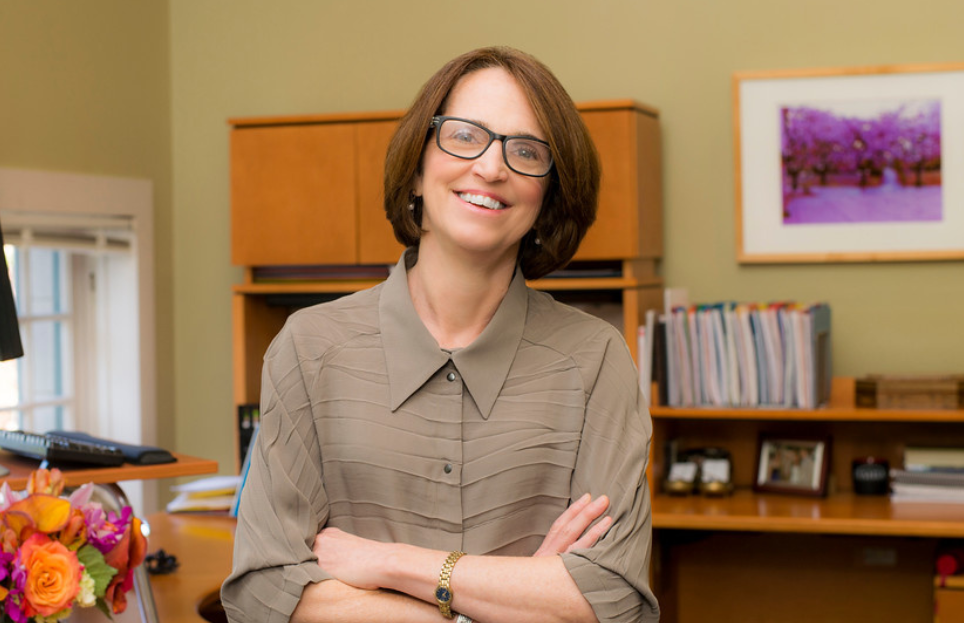Longevity expert Dr. Peter Attia opens his 2023 bestseller, Outlive, with the story of Tithonus, a mythical Greek figure who famously asked the gods for eternal life. Tithonus was thrilled when Zeus granted his wish. He later regretted that request because his body decayed endlessly during his eternal lifespan.
Tithonus realized too late what you and I have learned throughout our careers in aging services: a long life does not necessarily mean a healthy life.
Fortunately, Dr. Attia and a growing number of health care leaders—including the National Institute on Aging, the McCance Center for Brain Health, and others—have challenged us to envision a different future for those seeking to bridge longevity and health. These experts are laser-focused on ways to increase our healthspan—the years we live free from chronic disease, disability, and decline.
LeadingAge members can learn a lot from these health leaders. And, as trusted experts and educators, we can play a key role in turning their vision of a healthy, old age into reality.
Promoting healthy aging is our area of expertise. We excel at it. And we should do more of it. Indeed, as mission-driven organizations, we have a duty to explore every feasible option to help current and future residents and clients live their healthiest lives as they age. At a very practical level, we must also work to ensure our health care system is better equipped to handle the burden of a rapidly aging population, an increasingly fragile reimbursement system, and a shrinking workforce.
We have no time to lose.
The gap between our lifespan and our healthspan is growing wider—and more concerning—each year. A 2024 study published in Global Health found that, across 183 World Health Organization member states, the average person can expect to be healthy for only 63.3 years out of their estimated 72.5-year lifespan. Notably, the United States has the widest healthspan-lifespan gap. Americans can now expect to spend 12.4 years of their lives coping with illness or disability, up from 10.9 years in 2019.
Fortunately, new research shows that we can close the gap between healthspan and lifespan through evidence-based practices and societal changes. A 2022 report from the American Heart Association indicates that staying physically active, improving sleep quality, and eating a healthier diet can significantly reduce the risk of chronic disease and decline in later years. We know that preventing falls also makes a noticeable difference.
Other studies reveal that strong family support, good mental health, and access to quality health care are crucial for increasing healthspan. There is also evidence that we can enhance the health of older adults by making their communities more age-friendly.
LeadingAge is part of these crucial conversations about healthspan. At the Global Ageing Network Summit on November 1, my colleague Emi Kiyota will discuss how a vibrant social network and a clear sense of purpose can improve the health of older adults. In addition, LeadingAge researcher Robyn Stone recently shared a key insight after visiting an impressive, high-end South Korean community designed to promote longevity: healthy living environments must be available to all older adults of all socioeconomic backgrounds.
How do we begin our work to help more residents and clients extend their healthspan?
Review the research on the lifespan-healthspan gap and learn about interventions that have been shown to narrow it. Browse evidence-based resources organized by the Healthy People 2030 initiative. Seek advice from educators at local universities and colleges, LeadingAge national, and your state partner organization.
Evaluate the wellness programs you currently offer and commit to enhancing them. Be deliberate about adopting a range of research-based programs and interventions that are designed to help the people you serve improve their healthspan. It is clear from the research that even small steps matter and that social and emotional health counts.
Finally, broaden your view of caregiving. For decades, our shared mission has been centered on caring for people. That caregiving role is vital to our organizations and the people we serve. Part of caring is being more intentional about ensuring older adults feel empowered and equipped to extend their healthspan.
As we work to close the gap between lifespan and healthspan, the traditional view of old age as a time of decline and vulnerability will be challenged. This new way of thinking will transform our organizations and the work we do. It will empower our residents and clients. And I have no doubt it will, ultimately, have a profound impact on our country and the world.

 Shutdown Week Three: Impact of Ongoing Closure on Affordable Housing
Shutdown Week Three: Impact of Ongoing Closure on Affordable Housing


